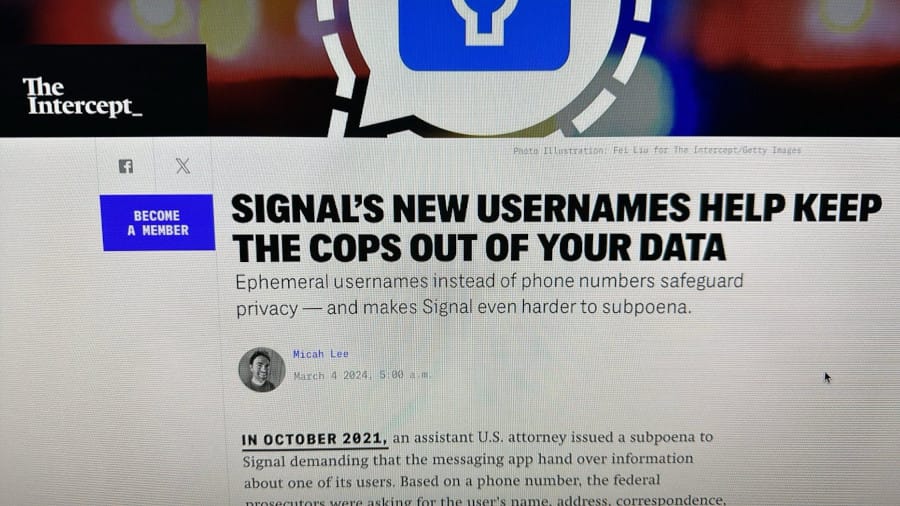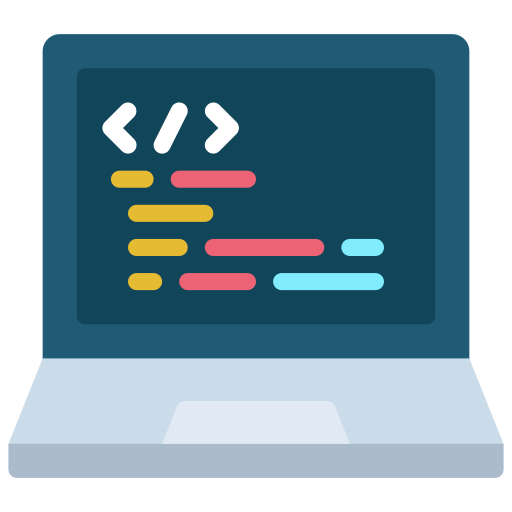The Intercept laid me off

Last month, The Intercept laid me off along with fifteen other employees — one-third of the newsroom.
I'm officially on the job market. My current title is Director of Information Security. I've been working in media for the last decade, but I'm also open to engineering or security roles in other sectors — as long as I'm working on interesting problems and doing good things for the world. Please tell me about open positions that would be a good fit, or if you want to hire me! You can email me at micah@micahflee.com.
While things are looking grim at the The Intercept right now, I'm proud of what I accomplished over the last 10 years that I was there, ever since it was first founded. Along with protecting The Intercept's staff, technical infrastructure, and sources, I did a lot of investigative journalism myself. Here are a few highlights:
- From 2016 through 2019, I led an ambitious project to comprehensively and responsibly report on documents from the NSA Signals Intelligence Directorate's internal classified blog called SIDtoday. We published and reported on over 2,000 Snowden documents, by far more than any other newsroom with access to the archive.
- In 2020, at the beginning of the pandemic when everything was locking down, offices were closing, and everyone was switching to remote work, I helped break the story that Zoom had been lying about end-to-end encryption. My reporting led to an FTC settlement that forced Zoom to implement real end-to-end encryption, and an $85 million class action lawsuit against the company.
- In 2021, a year and a half into the pandemic, I received hacked data about the anti-vax group America's Frontline Doctors from a source. The data revealed that 72,000 people paid at least $6.7 million (but probably much more) for fake health care promoted by vaccine conspiracist and January 6 insurrectionist Simone Gold. This reporting led to a Congressional investigation into the pandemic profiteers.
- After Elon Musk purchased Twitter and started restoring the accounts of people banned for hate speech, harassment, and misinformation, he also starting banning the accounts of his critics. I'm one of the journalists that he suspended in December 2022, shortly after I had published several articles critical of the billionaire's handling of Twitter. (My account is back, but I no longer use it.)
Whenever I hit a technical problem, I write code to solve it. During the course of the last 10 years, I've written a lot of code to solve specific problems I was having, a few of which have grown into thriving open source projects:
- One of these projects, OnionShare, grew directly from reporting on Snowden documents — we needed a way to securely transfer top secret NSA and GCHQ documents around the world in a way that was completely ephemeral, without leaving digital traces.
- I also developed Dangerzone, a tool that lets anyone take potentially dangerous PDFs, office documents, or images and convert them to safe PDFs that won't hack you, because it's the job of journalists to open sketchy attachments from strangers.
And finally, I also just published a book that distills a lot of what I learned over my decade at The Intercept into a guide for other journalists, activists, and researchers. It's called Hacks, Leaks, and Revelations: The Art of Analyzing Hacked and Leaked Data. I'm happy that I got to share this knowledge with the world.
I'm lucky to have gotten to work with so many amazing journalists over the years. I wonder what the next decade will be like.
